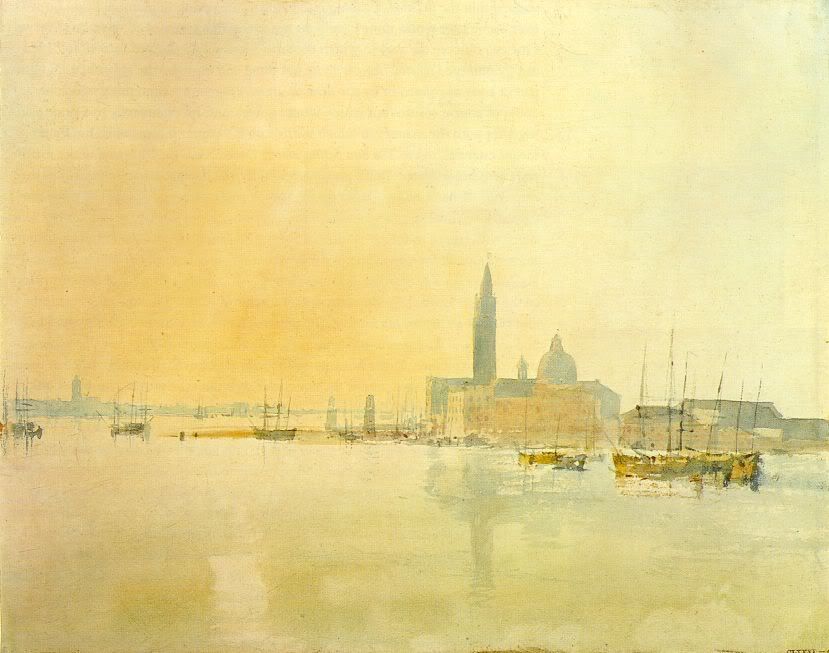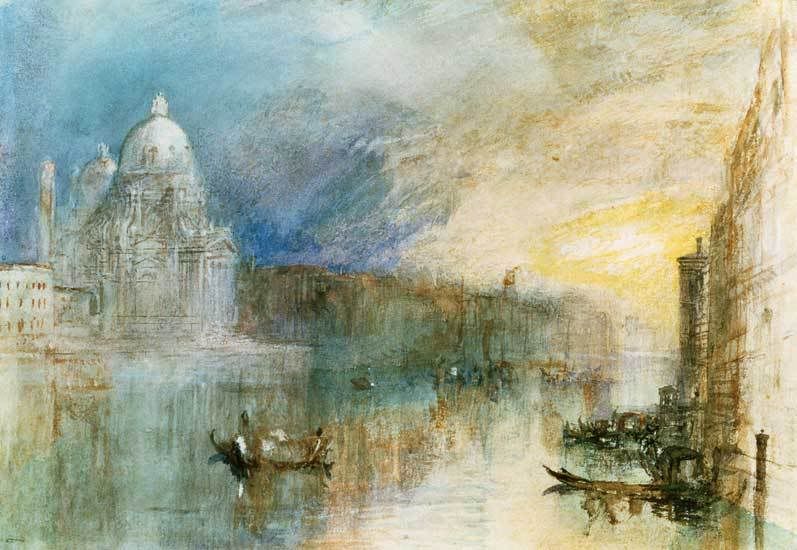 |
| wild violets emerging from dead leaves with a drop of sunlight ©A.Rutherford |
Someone else has felt it too . . . .
THE MOLE had been working very hard all the morning, spring-cleaning his little home. First with brooms, then with dusters; then on ladders and steps and chairs with a brush and a pail of whitewash; til he had dust in his throat and eyes and splashes of whitewash all over his black fur, and and aching back and weary arms. Spring was moving in the air above and in the earth below and around him, penetrating even his dark and lowly little house with its spirit of divine discontent and longing. It was small wonder, then, that he SUDDENLY flung down his brush on the floor, said "BOTHER!" and 'O Blow!" and also, 'HANG SPRING-CLEANING!" and bolted out of the house without even waiting to put on his coat. Something up above was calling him imperiously, and he made for the steep little tunnel which answered in his case to the gravelled carriage-drive owned by animals whose residences are near to the sun and air. So he scraped and scratched and scrabbled and scrooged, and then he scrooged again and scrabbled and scratched and scraped, working busily with his little paws and muttering to himself, 'Up we go!' till at last, POP! his snout came out into the sunlight, and he found himself rolling in the warm grass of a great meadow.
~ Wind in the Willows ~ Kenneth Grahame
One of my very favorite books *smile* . . . a lovely story... I adore the idea of "scraping and scrooging," and to find a meadow after all of that would be wonderful. To roll in the grass more wonderful still.
March is the month that flirts with us. She’s temperamental, blowing hot and cold, enticing us with sunshine, then drenching us with cold rain or even snow. But slowly, we see light and life emerging from the darkness of winter, and we feel renewed energy bubbling up in us as well, overcoming the inertia of winter.
The prose of Winter is turning into the poetry of Spring.
Prose or Poetry?
The world outside my window
Is wide and beckons me
To leave my perch so safe
And seek the poetry
Of vistas wild and free.
At my back the hearth-fire
Makes a counter claim,
"Stay within the prose tale
And risk not what you've gained,
The tried, the known, the sane."
Insistent comes the whisper,
As softly as a sigh;
The life beyond my window
Is awaiting my reply.
© A. Rutherford
“Flowers appear on the earth; the season of singing has come, the cooing of doves is heard in our land.” -Song of Solomon
I will confess that this may be a bit of a “cheat” as I have purchased daffodils from the nursery to put in my sunroom, but placed up against the bank of windows, I can almost convince myself they are blooming outdoors. Alas, only the foliage is up in the garden.
______________________________________









